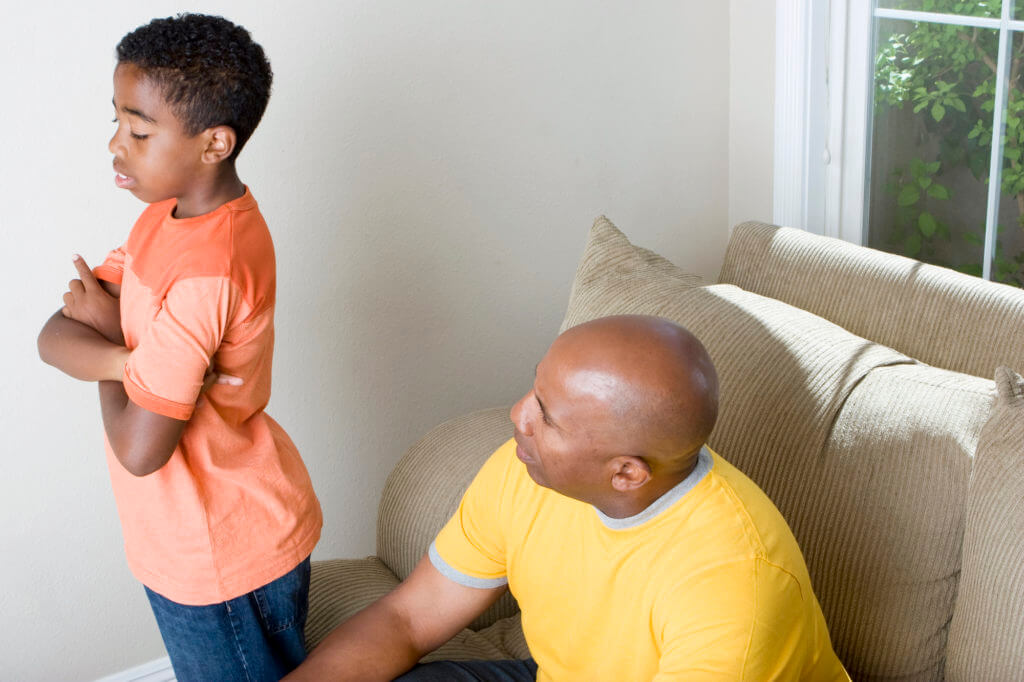Get Specialized Expert Parenting Guidance
Welcome to the blog at ImpactParents! If you've got a complex kiddo (age 4-44), you're in the right place! What makes a kid complex? Neurospicy kids struggle with life, learning, behavior and/or social skills. Maybe they have ADHD, Anxiety, Depression, Autism, or learning difficulties. Or maybe they have other issues that challenge their Executive Function.
And whatever is causing these amazing children, teens, and young adults to struggle, since 2011 we have been committed to helping their parents stay sane in the process of raising them. Even more, we help parents get the practical advice they need to feel more inspired and more empowered … so you can help your kids become the best they can be! And yes, we help the professionals who support them, too!
That's because we parents of complex kids (yes, we're moms, too, right here with you!) need more than information to help our kids.
We need help figuring out HOW to do what the experts tell us -- in a way that works for our families, not just in a textbook! We need community and support. We need accurate education (did you know that training for you is actually recommended treatment for your kids?). And we need some good old fashioned coaching to help us apply what we learn so we can do the best for our amazing kiddos.
And that's what makes this blog different from many others. Sure, we have a team of hundreds of Guest Experts who provide you with cutting edge information about your child's challenges. We've got decades of experience. We've supported hundreds of thousands of parents worldwide, and trained thousands of professionals.
BUT what makes us really different is that at ImpactParents, we bring parenting expertise, evidence-based coaching skills, and an understanding of neurodiversity to everything we do.
The Impact Model guides our community to take a collaborative, problem-solving, coach-approach when raising complicated and fascinating kiddos. Our blogs reinforce and demonstrate that Model -- so that you can foster independence, improve communication, and empower your kids to reach their full potential -- no matter what challenging behaviors you're dealing with!
In a nutshell, we hope you'll keep reading, because we promise that this blog can help you:
- Improve communication and have better conversations (and relationships) with your children and with each other;
- Make more comprehensive, well-informed decisions for your family;
- Understand your kiddo (at any age or stage) and learn strategies to foster their independence and personal success.
**If you like our posts and wish to reprint one, please contact us to let us know. You can include the following 'blurb' along with the article in its entirety: "This article originally appeared on ImpactParents.com and is reproduced with permission of ImpactParents."
Search the Blog:
- Show All Focus Areas
- Challenging Behaviors
- Diagnosis & Treatment
- Executive Function
- Must Reads
- Relationships
- School Issues
- The Parents' Experience
What to Say to Your Child or Teen about Diagnosis for ADHD
A member of our ADHD Parenting Community on Facebook (this is a private group open to the…
The 3 Legged Stool of Success for Kids with ADHD Part 1: Self-Awareness
Here’s the bottom line: Find things your child does well; tasks he or she completes with mastery. Then you’ve got something about which both you and your son or daughter can honestly say: “That was pretty darned good.” Your kids need to experience the joy of success. It’s like money in their self-assessment bank account.
Keep Your Eyes Open
I remember playing a hiding game with my kids when they were little. They would cover their…
Managing ADHD and Reducing Family Stress
ADHD has a profound influence on family life. It often contributes to an increase in daily household…
8 Tips for Parenting Kids with ADHD
Words to Live by When Parenting Complex Kids Much of what I’ve needed to know as a…
From Frustration to Organization – Using T.A.C.T. to Parent ADHD
ADHD is not a “new” condition, nor unique to life and times in the 21st century. But…
Parenting Teenagers – This Ain’t No Fairy Tale
“It is 11:00pm on Friday night and Sarah said she’d be home by 9.” “Reggie said he…
A Letter to My ADHD Teenager (About to Leave Home)
I wrote this (many years ago now) at 2:00 a.m. when a fit of panic replaced a…
One Question To Get Anyone’s Attention (Even With ADHD)
It happens all the time: we start a conversation with someone (on the phone or in person),…










